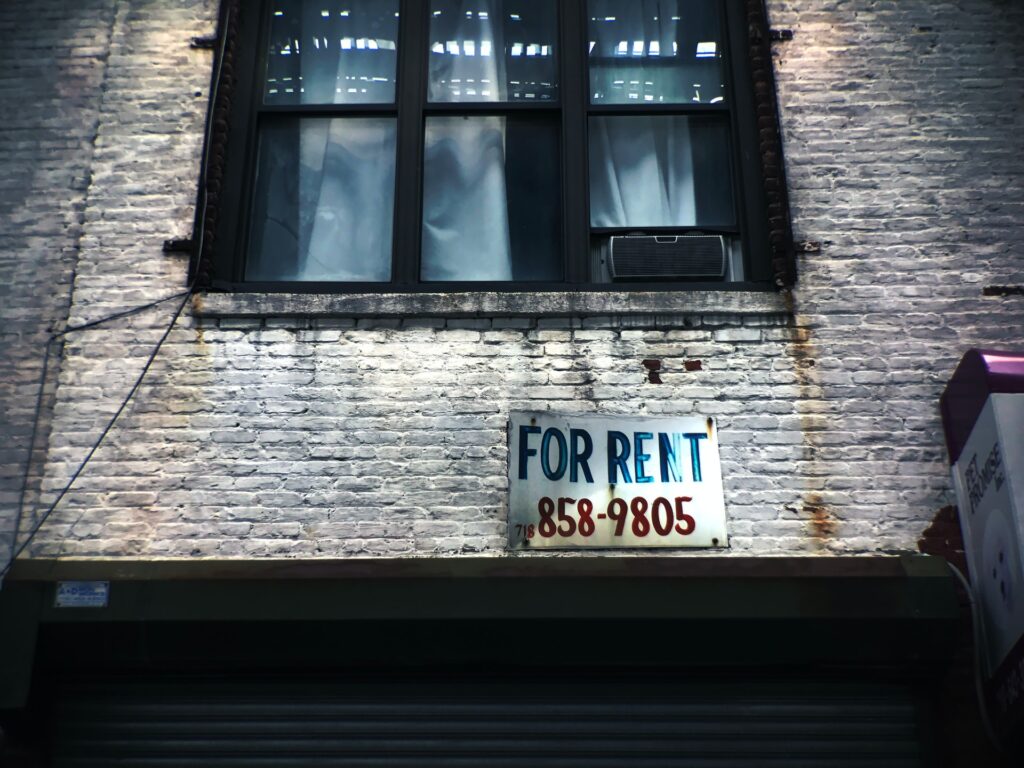Perhaps these difficult times that we all live in have made you consider renting your property for the first time ever. Maybe you have suddenly inherited a property that you can rent out.
Whatever your reasons are, being a landlord has its advantages and its downsides and can be hard to handle without help from professionals. This is especially true since the legal aspect of the enterprise is one of the most important things to consider.
Here is a list of legal matters to bear in mind when becoming a landlord.

Before you can rent
Before you decide to rent your property, you must ensure that your property complies with specific minimum standards under the law. The place should be free from dampness and in good structural conditions. It also must have hot and cold water, adequate means of heating and ventilation, and appliances in good working order. Finally, it must have electrical wiring, gas, and pipes in a good state.
All of these items are important because, as a landlord, you will have to ensure it meets specific standards, including:
- Having a working kitchen, including a four-ring hob, fridge, freezer, oven, microwave, and laundry facilities.
- Being insulated, well-ventilated, and free of damp.
- Being safe in terms of structure, engineering, wiring, and fire safety (fire alarms, extinguishers, blankets, and windows that open sufficiently to allow escape but have restrictors to prevent accidental falls).
- Providing carbon monoxide alarms.
- Providing hot and cold water, as well as a permanent heater in each bathroom.
First steps
As a landlord, you have an abundance of responsibilities regarding your property and looking after your tenants. These fall under an “implied warranty of habitability,” which means that landlords must keep the home liveable.
First of all, if you are a new landlord with a residential investment property or are welcoming your first tenants, you need to ensure you are all registered with the RTB. You can do this online or by post.
You should also know that the RTB’s site is a great reference to provide tenants when informing them of their responsibilities to the property and their rights. This is particularly useful to first-time landlords, whose own responsibilities may not initially be known – for example, RTB registration costs; or inspection of the property only at a time and date arranged at the tenant’s convenience.
What are your rights?

It’s essential to know your rights when becoming a landlord. The Residential Tenancies Act 2004 outlines your rights as a landlord, which include:
- Setting the rent once a year according to the current market.
- Receiving the rent from the tenant on the date it is due.
- End the tenancy without reason within the first six months of the lease agreement.
- Be informed of who is living on the property.
- Decide whether to allow subletting by the tenant.
- Be informed of any repairs needed and be granted reasonable access to fix them.
- Refer disputes to the Private Residential Tenancies Board (PRTB) once the tenancy is registered
What about your responsibilities?
Wherever there are rights, there are duties as well. Here are the obligations you need to fulfill to execute your role as a landlord following the law:
- Register the tenancy agreement with the Private Residential Tenancies Board. This only costs €90 and means you will be able to avail of the PRTB’s dispute resolutions service. Plus, if you don’t, you may be prosecuted.
- Provide your tenant with a rent book (if no written lease is in place) and receipts of payment
- Make sure that your property is in good condition.
- Pay any charges related to the property, e.g., taxes and duties.
- Maintain the property to the standard it was at the start of the tenancy.
- Reimburse the tenants for any repairs carried out on the structure
- Have the property insured
- Provide your tenant with information and contact details of any agent who deals on your behalf.
- Cancel your Tax Relief at Source (TRS), if you have a mortgage and were claiming this
- Submit a Rental Income Tax Return before the 31st October of the following year
Finances and taxes

Now that you have completed all the steps and become a landlord, the fun really starts. Since you have rental income, you will now be required to complete a tax return. Rental income is liable to pay.
Fortunately, you are allowed to offset certain expenses, such as insurance, repairs, mortgage interest, and accountancy fees. Here are some of the things that are deductible from your tax in more detail. They include:
- 85% mortgage interest relief while your property is rented; between tenancies (as long as the property is vacant during that time); and as long as you are registered with the RTB.
- 100% mortgage interest relief when renting for a minimum of three years to tenants in receipt of specific social housing benefits.
- Capital allowances/depreciation against furniture and fittings, at a rate of 12.5% per year for a maximum of eight years.
- Local authority rates and ground rents.
- Fire and public liability insurance, as well as some mortgage protection premiums.
- Necessary repairs, e.g., to doors or appliances.
- RTB registration costs.
- Necessary property maintenance.
- Management fees (including agency fees) before your property gets rented.
Pro tip: opening a separate bank account for your rental income and expenses and keeping accurate records (and your receipts!) for all your rental fees will help make your life a whole lot easier when tax season comes.
Terminating a lease
You can terminate a lease that has lasted more than six months for one of the following reasons:
- Your tenants have failed to comply with the obligations of your lease.
- You intend to sell your rental property within the next three months.
- The property is no longer suited to the needs of the occupying household.
- You require the property for yourself or a family member.
- Vacant possession is required for substantial refurbishment of the property.
- You intend to change the use of the property.
It is essential to be aware that your tenants are free to terminate the tenancy at any time, but they must give you the correct notice period in writing.
Leave a Reply